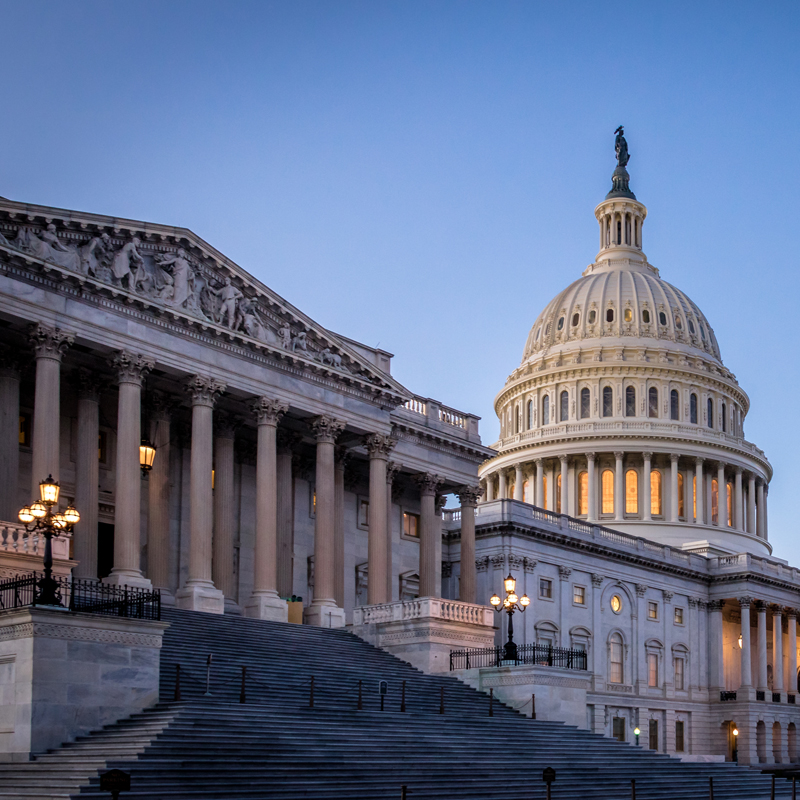 The budget reconciliation bill wending its way through the House of Representatives includes provisions that would affect rollovers and conversions to Roth IRAs and designated Roth accounts.
The budget reconciliation bill wending its way through the House of Representatives includes provisions that would affect rollovers and conversions to Roth IRAs and designated Roth accounts.
In “Rollovers and Conversions to Roth IRAs and Designated Roth Accounts: Proposed Changes in Budget Reconciliation,” published Nov. 5, the Congressional Research Service (CRS) examines the rollover rules in Section 138311 of the legislation (H.R. 5376).
The CRS cites a Plan Sponsor Council of America (PSCA) survey of 401(k) and profit-sharing plans in which the PSCA found that 20.9% of plans permitted after-tax contributions and 56.3% permitted in-service (non-hardship) distributions in 2019. The CRS notes that the ability of an individual to convert savings attributable to after-tax contributions from a qualified plan to a Roth IRA depends on how the qualified plan is structured, and that the plan must permit (1) after-tax contributions and (2) in-service distributions for non-hardship reasons.
Section 138311 of H.R. 5376, the report notes, would prohibit all taxpayers from converting after-tax (non-Roth) savings in qualified plans and nondeductible IRA funds to Roth IRAs and designated Roth accounts—“backdoor” or “mega” Roths—after Dec. 31, 2021.
It also would prohibit high-income taxpayers from converting pre-tax savings in qualified plans or IRA savings attributable to deductible contributions to Roth IRAs or designated Roth accounts after that date. It defines high-income taxpayers as:
- single taxpayers (or those married filing separately) with modified adjusted gross income (MAGI, as defined in the bill) over $400,000;
- married taxpayers filing jointly with MAGI over $450,000; and
- heads of households with MAGI over $425,000. These income thresholds would be adjusted for inflation.
Prohibited After 2021
The CRS notes that under Section 138311, all taxpayers would be forbidden to make the following rollovers after 2021:
- traditional IRA (nondeductible) to Roth IRA
- after-tax (non-Roth) savings in a qualified plan to Roth IRA
- after-tax (non-Roth) savings in a qualified plan to designated Roth account in a qualified plan
Under the current tax treatment of such rollovers, the report notes, earnings are included in taxable income.
Prohibited After 2031
Under Section 138311, high-income taxpayers would be forbidden to make the following rollovers after 2031:
- traditional IRA (deductible) to Roth IRA
- pre-tax savings in qualified plan to Roth IRA
- pre-tax savings in qualified plan to designated Roth account in qualified plan
Under the current tax treatment of such rollovers, the report notes, rollover amounts are included in taxable income.
Unchanged
The CRS notes that Section 138311 would not change current law or regulation regarding the following rollovers:
- Roth IRA to Roth IRA
- designated Roth account in qualified plan to Roth IRA
It adds that under current law, these rollovers are not taxable.
- Log in to post comments
